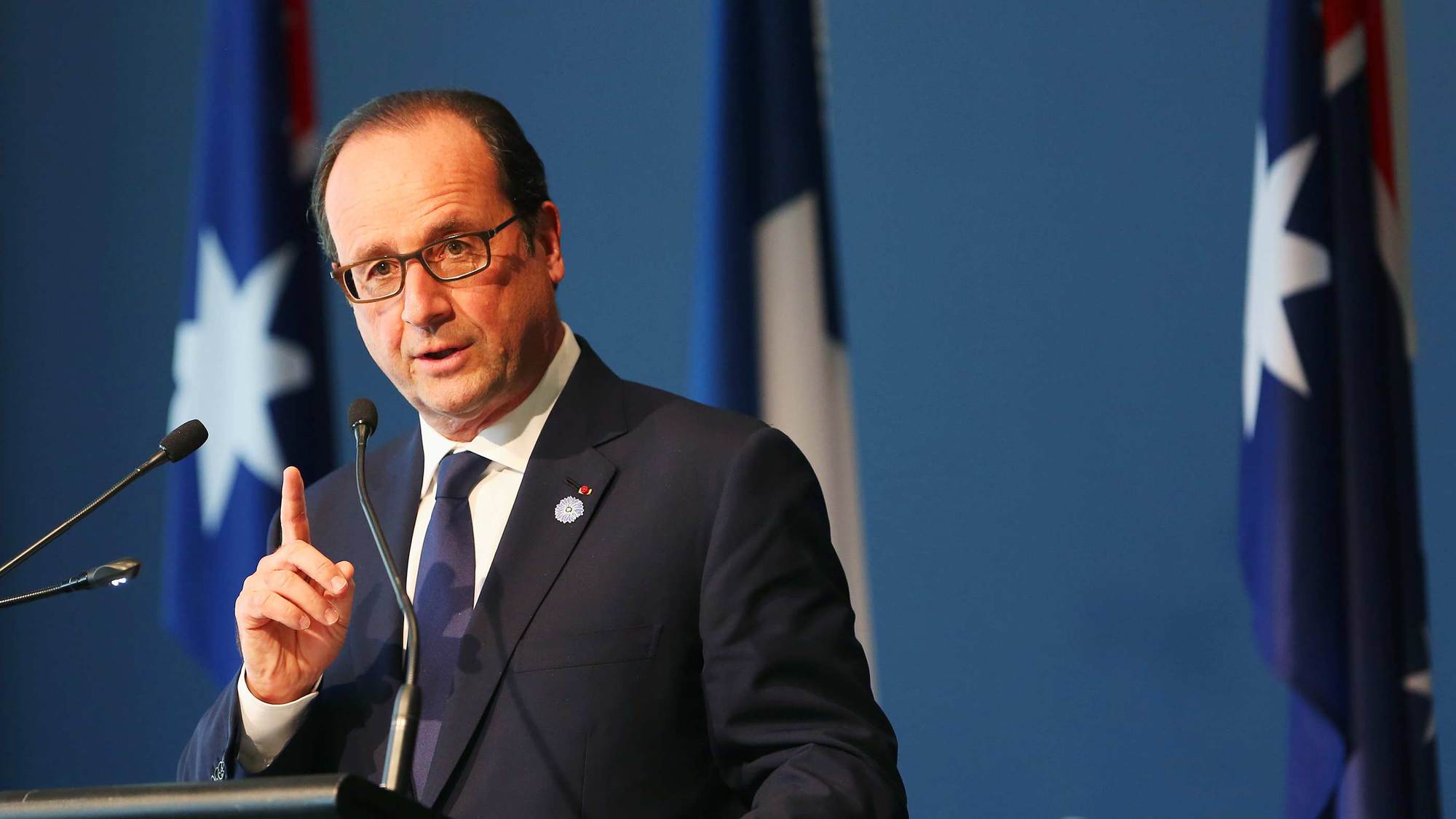The West never quite knows how to handle Vladimir Putin, and the crisis in Ukraine is, at least in part, a consequence of our prevarication. Faced with a revanchist Russia, we could have taken one of two approaches: guarded accommodation, or resolute deterrence. Instead, we wavered, and Ukrainians are paying the price.
Specifically, we could have taken the view that, in the long run, the main threats to our way of life were likely to come from further afield than Russia. We could have decided to overlook Putin’s autocratic tendencies, and sought to draw him into a workable entente. We could have accepted his 2010 offer of a free trade area stretching from Lisbon to Vladivostok, thus sparing Ukraine from having to choose between two trade blocs.
Alternatively, we could have taken the view that Russia’s repressiveness at home and adventurism abroad placed it beyond the comity of nations. We could have decided that a regime in which political dissidents are imprisoned and journalists murdered invites deterrence rather than détente. We could have armed any former Soviet states which asked for our help, accepting requests to place Nato bases on their territory.
Both these approaches would have had their drawbacks: when dealing with a regime such as Putin’s there are no easy solutions. But, instead, we pursued a middle way which turned out to be catastrophic, goading the Kremlin from a position of weakness. Ukraine was always going to matter more to Moscow than to Brussels. Yet Eurocrats seemed genuinely nonplussed when their intervention in Kiev triggered a Russian response. It doesn’t seem to have occurred to them that, when they backed the overthrow of the thuggish but none the less fairly elected Viktor Yanukovych, they were inviting others also to push for unconstitutional changes.
I was stunned when a senior diplomat in Kiev told me recently that not one Western ambassador had seen the Russian invasion coming. (You could always try reading my blogs, Your Excellencies: I’m no Kremlinologist, but even I could see that Putin would seize his opportunity.)
Now, in a throwback to the Khruschev and Brezhnev eras, the Kremlin is seeking to detach Germany and France from Nato’s more hawkish Anglo-Saxon members. Angela Merkel and François Hollande oppose sending military or logistical support to Ukraine, and Vladimir Putin is now dealing directly with them, pointedly excluding Britain, the United States and Canada.
In theory, a peace settlement might be hammered out. While we don’t know the details of the current negotiations, the broad outlines of a deal were visible by the end of last year. Russia would, in effect, buy back the Crimea, possibly for a sum based on the capitalisation of its annual rent of the naval facilities there. The international community would recognise the new frontier – Crimea, after all, was the one part of Ukraine where there really was popular support for an Anschluss with Russia – and Russia, in exchange, would withdraw from the grim industrial towns of the Donets basin. Some form of local autonomy might well be part of the deal – a worthwhile reform in itself in a territory as large as Ukraine.
Here, though, is the question. Does Putin really want peace? Is his aim victory – and recognition of the annexation of Crimea would certainly constitute victory of a kind – or is it a continuation of the crisis? The conflict, after all, has sent his approval ratings above 80 per cent. When you are presiding over both poverty and autocracy, you need something else to legitimise your regime, and that something else, for Putin, is the sense of nationalism and unity engendered by a conflicts involving Russian irredenti.
Nineteenth-century German historians had a phrase, Primat der Innenpolitik, meaning that all foreign policy was essentially driven by domestic concerns. One government would pick a fight with another, not because of geopolitical imperatives, but in order to shore up its support at home.
Shakespeare has Henry IV give his son some advice from the deathbed: “Be it thy course to busy giddy minds with foreign quarrels”. If this is what Putin is doing, then it doesn’t matter what deal Hollande and Merkel think they can sign with him. He’ll find a way to keep the crisis going, probably through further deniable support to proxy militias. Even if a lasting peace could be brought to Eastern Ukraine, he’d find a new theatre.
Russian forces have been so far deployed in anger in Armenia, Georgia, Moldova and Ukraine. Where next? Can we be certain that it won’t be in a Nato member state such as Latvia? I fear that Mrs Merkel and Mr Hollande may be badly out of their depth.


